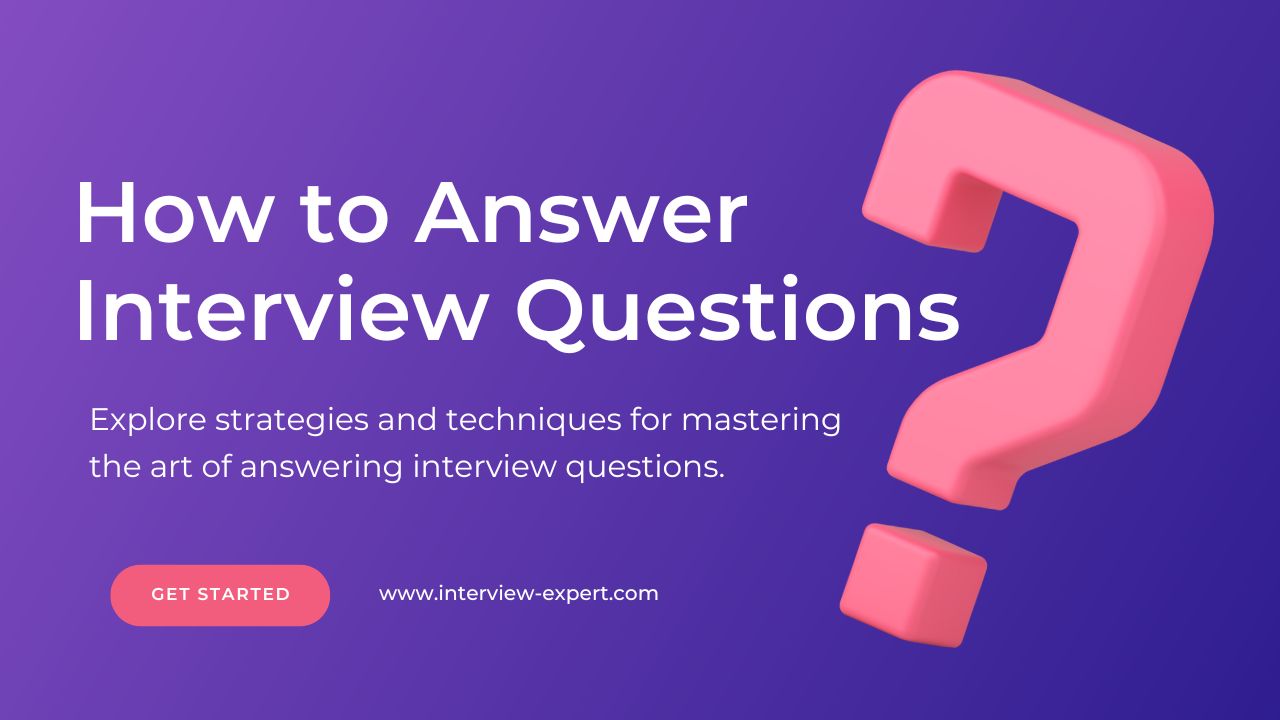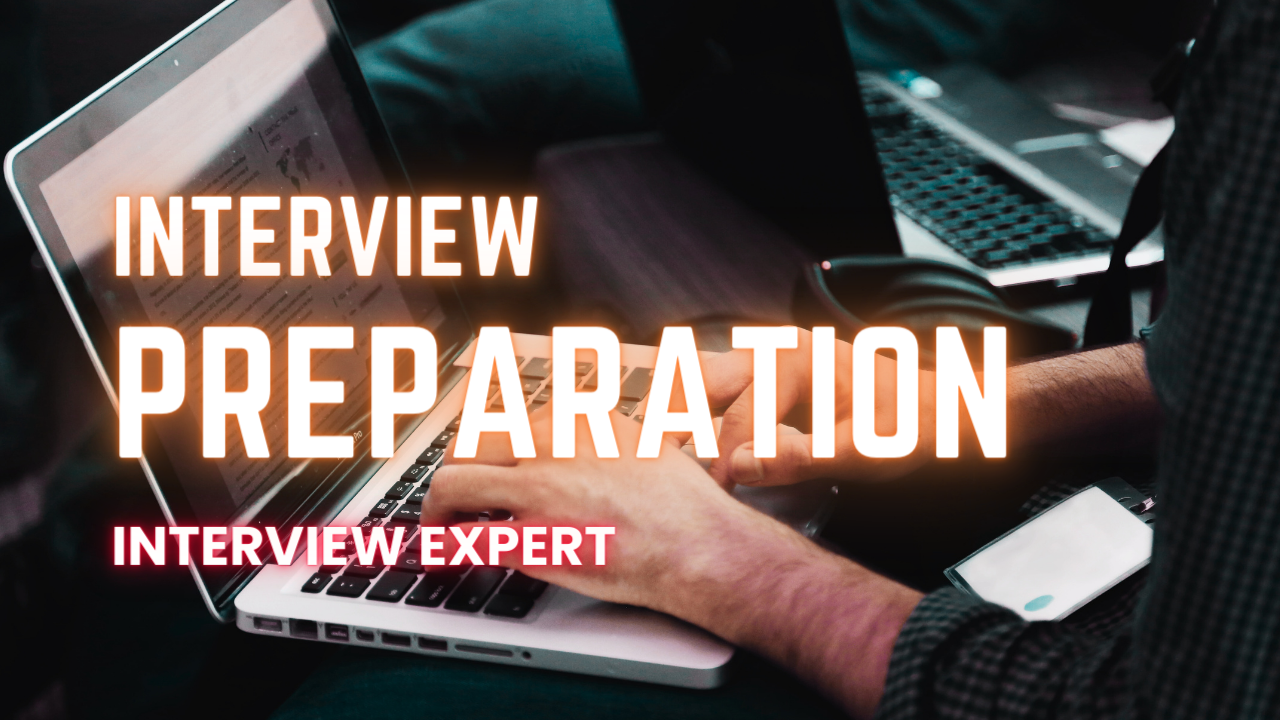Navigating the Informal Interview: A Guide to Authentic Conversations
Job interviews are often perceived as formal and structured encounters where candidates face a barrage of questions from stern-faced interviewers. However, there has been a shift towards more informal interview settings in recent years. Informal interviews provide a relaxed atmosphere that fosters authentic conversations, allowing the interviewer and the candidate to connect more personally. This blog explores the dynamics of informal interviews and offers valuable insights on navigating them successfully.
The Nature of Informal Interviews:
Informal interviews deviate from traditional formalities, emphasizing a conversational tone over a rigid question-and-answer format. These interviews are designed to reveal a candidate’s personality, cultural fit, and soft skills and assess their qualifications and technical competencies. Commonly conducted in coffee shops, casual settings, or over a meal, informal interviews seek to create an environment where individuals can express themselves more freely.
The landscape of job interviews has evolved, with an increasing number of employers opting for informal settings to gauge candidates’ personalities and cultural fit. Mastering the art of an informal interview involves more than just polished responses; it requires understanding the dynamics at play in casual environments. The following delves into the essential elements of mastering an informal interview setting, providing insights into how candidates can navigate these less formal encounters with confidence.
Understanding the Significance of Setting:
The setting of an interview, whether formal or informal, significantly influences the tone and dynamics of the conversation. Informal interviews, often conducted in coffee shops, parks, or casual office spaces, aim to create a relaxed atmosphere that fosters open communication. Candidates must recognize that the setting is not just a backdrop but an integral part of the interview process, influencing how both parties engage.
Critical Strategies for Mastering the Setting:
- Dress Appropriately for the Environment: While the setting may be informal, it’s essential to balance casual and professional attire. Dressing appropriately for the environment reflects your understanding of the company culture while still projecting a polished image.
- Arrive Early and Be Observant: Arriving early demonstrates punctuality and allows you to observe the surroundings and acclimate to the setting. Take note of the ambiance, noise level, and overall vibe, as these elements can influence the tone of your conversation.
- Adapt to the Atmosphere: Informal settings vary, and candidates must be adaptable to different atmospheres. Whether it’s a bustling coffee shop or a quiet park bench, gauge the level of formality and adjust your behavior accordingly. Being in tune with your surroundings shows your ability to adapt—a valuable trait in the professional world.
- Initiate Small Talk Naturally: Small talk is crucial in informal interviews. Initiating casual conversations about non-work-related topics helps establish rapport and breaks the ice. Consider recent events, shared interests, or light anecdotes to set a friendly tone.
- Mindful Seating Choices: The choice of seating can influence the dynamics of the conversation. If given the opportunity, let the interviewer guide the seating arrangement. If in doubt, opt for a neutral choice that fosters a sense of equality and collaboration.
- Utilize the Setting in Responses: Acknowledge the setting in your responses when appropriate. For instance, if the interview is in a coffee shop, you might mention enjoying the vibrant atmosphere and draw parallels between the energetic environment and your enthusiasm for the role.
- Maintain Professionalism: While the setting may be casual, maintaining professionalism is paramount. Avoid overly familiar language, and remember you are still in a professional context. Treat the interview with the same seriousness you would a formal one.
Critical Strategies for Success in an Informal Interview:
- Research the Company Culture: Before entering an informal interview, it’s crucial to research the company’s culture. Understanding the organization’s values, mission, and work environment will help you align your responses with what they are seeking in a candidate. This knowledge allows you to tailor your conversation to showcase how you can contribute positively to the workplace.
- Prepare Your Story: While the setting may be casual, the content of your conversation should remain professional. Prepare anecdotes and examples that highlight your skills, experiences, and achievements. Share your journey compellingly and concisely to demonstrate your suitability for the role.
- Show Genuine Interest: Informal interviews provide an excellent opportunity to express genuine interest in the company and the role. Be prepared to discuss why you are interested in the position, how your values align with the company’s, and what specific contributions you can make to the team.
- Engage in Two-Way Conversation: Informal interviews allow mutual exploration. Encourage a two-way conversation by asking thoughtful questions about the company, team dynamics, and expectations. This demonstrates your interest and helps you assess whether the organization is the right fit for you.
- Be Mindful of Body Language: Even in a relaxed setting, body language plays a crucial role in communication. Maintain good eye contact, practice active listening, and exhibit positive non-verbal cues. This conveys professionalism and enthusiasm, reinforcing your suitability for the role.
- Adaptability is Key: Informal interviews often present unexpected twists, such as changes in location or an unconventional format. Demonstrate adaptability and a positive attitude in response to these changes. This flexibility showcases your ability to navigate dynamic work environments.
In the ever-evolving landscape of job interviews, informal settings have become increasingly prevalent, emphasizing the need for a genuine connection between candidates and employers. Within informal interviews, one element stands out as the most crucial – authenticity.
Understanding Authenticity in Informal Interviews:
Authenticity in the context of an informal interview refers to the genuine expression of oneself, reflecting honesty, transparency, and sincerity. Unlike traditional formal interviews that rehearsed responses may characterize, the informal setting encourages candidates to showcase their true personalities, enabling interviewers to assess qualifications, cultural fit, and interpersonal skills.
Why Authenticity Matters:
- Building Genuine Connections: Informal interviews are, at their core, about building connections. Authenticity allows candidates to connect personally with interviewers, fostering trust and camaraderie. When interviewers perceive authenticity, they are more likely to see the candidate as a natural person rather than just a set of qualifications on paper.
- Cultural Fit Assessment: Companies often use informal interviews to gauge cultural fit – how well a candidate aligns with the organization’s values, mission, and work environment. Authenticity provides a window into the candidate’s true self, aiding interviewers in assessing whether the individual will thrive within the company’s unique culture.
- Effective Communication: Authenticity is closely tied to effective communication. When candidates communicate authentically, they express themselves with clarity and conviction. This, in turn, enhances the interviewer’s understanding of the candidate’s motivations, aspirations, and ability to contribute meaningfully to the organization.
- Memorability and Differentiation: Being memorable is crucial in a competitive job market. Authenticity sets candidates apart by creating a lasting impression. Interviewers often encounter numerous candidates with similar qualifications, but authenticity allows individuals to stand out as unique and genuine contributors to the team.
Strategies for Showcasing Authenticity:
- Be True to Yourself: Embrace who you are and resist the temptation to present a version of yourself that you think the interviewer wants to see. Authenticity shines through when candidates are true to their values, experiences, and aspirations.
- Share Personal Stories: Personal anecdotes and stories provide insight into your character and experiences. Share relevant stories that highlight your strengths, challenges, and growth. This personal touch helps interviewers connect with you on a deeper level.
- Open and Honest Communication: Be open and honest in your responses. If you don’t know the answer to a question, admit it and express your willingness to learn. Honest communication builds trust and demonstrates integrity.
- Express Enthusiasm: Authenticity is not synonymous with indifference. Express genuine enthusiasm for the role and the company. Let your passion for the opportunity shine through in your words and demeanor.
Conclusion:
In conclusion, informal interviews offer a refreshing departure from traditional, formal interview settings. Navigating them successfully requires thorough preparation, genuine interest, and practical communication skills. By embracing the conversational nature of informal interviews, candidates can build authentic connections with interviewers and stand out in a crowded job market. Remember, the key is to strike a balance between professionalism and authenticity, showcasing both your qualifications and your personality in a way that resonates with the company’s values and culture.
Mastering an informal interview setting requires a blend of adaptability, awareness, and professionalism. Recognizing the significance of the environment and using it to your advantage can set you apart as a candidate who possesses the
necessary qualifications and understands the nuances of interpersonal communication. By confidently navigating informal settings, candidates can create a positive and memorable impression, increasing their chances of success in today’s dynamic job market.
In the tapestry of informal interviews, authenticity emerges as the thread that binds candidates and interviewers in meaningful connections. Its importance lies in its ability to reveal the true essence of individuals, fostering a more profound understanding beyond qualifications. By embracing authenticity, candidates can confidently navigate informal interviews, leaving a lasting impression that resonates with employers seeking skilled professionals and genuine contributors to their organizational tapestry.








